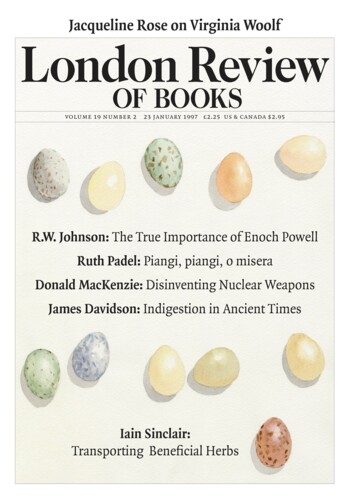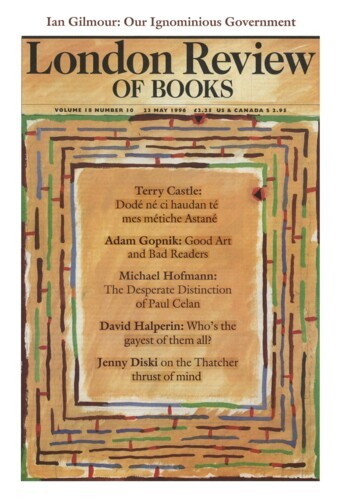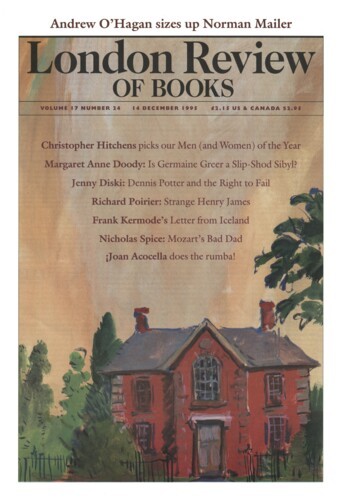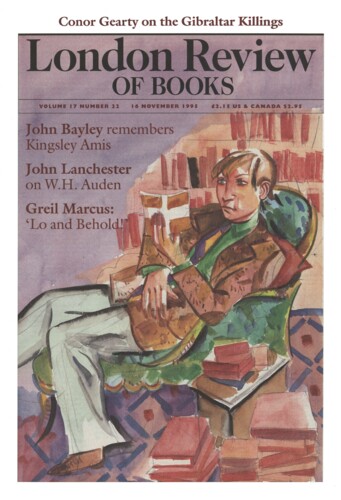Diary: Reality in the Aguascalientes
Lorna Scott Fox, 23 January 1997
Village names in the Mexican state of Chiapas read like a rosary of Indian aspirations and frustrations. There’s Liberty, Solitude, Hope, Sigh, Alliance, Future; Triumph lies not far from Revenge. As poet and stage-manager of the three-year-old Zapatista insurrection, the EZLN leader Subcomandante Marcos can’t have been unaware of the resonance of choosing poor, forgotten Reality as his base in the eastern part of the state. ‘We are together in Reality … dreaming is both possible and necessary,’ Marcos announced confusingly at the close of July’s Intercontinental Encounter. ‘To find anyone to answer your questions,’ I was told on New Year’s Day by a ski-mask (as opposed to a rank-and-file bandana), ‘you’d have to be in Reality.’ I was certainly in the wrong place, at Oventic rather than La Realidad, misled by assurances that I would find the local leader, Comandante David; I was stranded where not much was happening for the third anniversary of the uprising. But was I the only one who was not ‘in Reality’?





